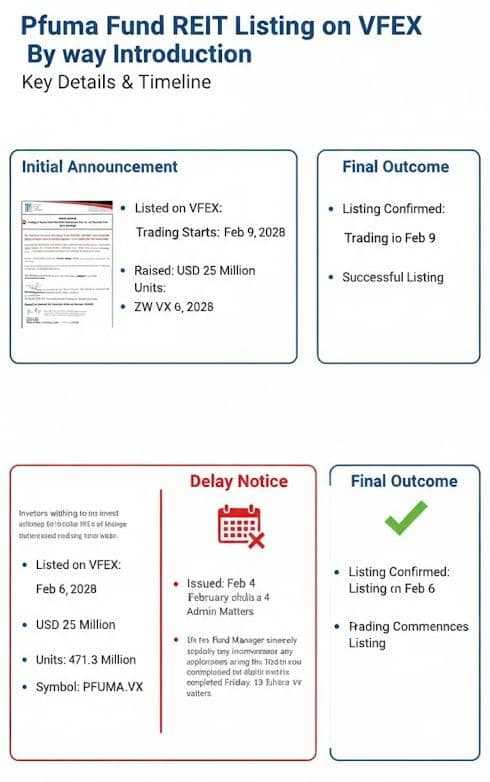Policy shifts and lack of public trust killing the local currency
ZimNow Reporter
Zimbabwe’s latest attempt to create a stable local currency, called the ZWG, is faltering just one year after its launch.
The government recently scrapped strict rules that tried to control how the ZWG’s value compared to other currencies, like the U.S. dollar but trust is already eroded
This move has accelerated the ZWG’s decline, as businesses and everyday citizens continue to rely more on foreign money instead of the local currency.
Since 2009, the Zimbabwean government has tried—and failed—six times to establish a trustworthy local currency.
Unlike past currencies that collapsed due to rapid loss of value, experts warn the ZWG is failing because people simply aren’t using it.
Analysts at Imara Asset Management, a major financial firm in Zimbabwe, say the currency’s biggest threat isn’t rapid inflation this time—it’s being ignored altogether.
Related Stories
Financial experts estimate 80% of transactions in Zimbabwe are done in U.S. dollars, with even the South African rand being used more than the ZWG.
Despite government claims that the ZWG is backed by gold and foreign currency reserves (essentially a promise that its value is tied to real assets), most Zimbabweans still prefer U.S. dollars or South African rand for everyday transactions.
The government’s recent decision to abandon fixed exchange rates—a rule that set the ZWG’s official value—is the latest in a series of confusing policy shifts.
Since its launch, the ZWG has lost more than double its value against the U.S. dollar, dropping from 13.56 ZWG per dollar to a far weaker rate.
This reliance on foreign money highlights a lack of public faith in the local currency. Many Zimbabweans, burned by years of hyperinflation and failed currencies, see dollars as more reliable for saving and spending.
This has added to the country’s rising violent crime rates as armed robbers target individuals and businesses who are keeping their money in cash rather than risk the expensive and untrusted banking system.
The ZWG’s struggles are adding to broader economic frustrations. Rising living costs, unemployment, and unstable prices are fueling antipathy against President Emmerson Mnangagwa’s government.
.


















Leave Comments